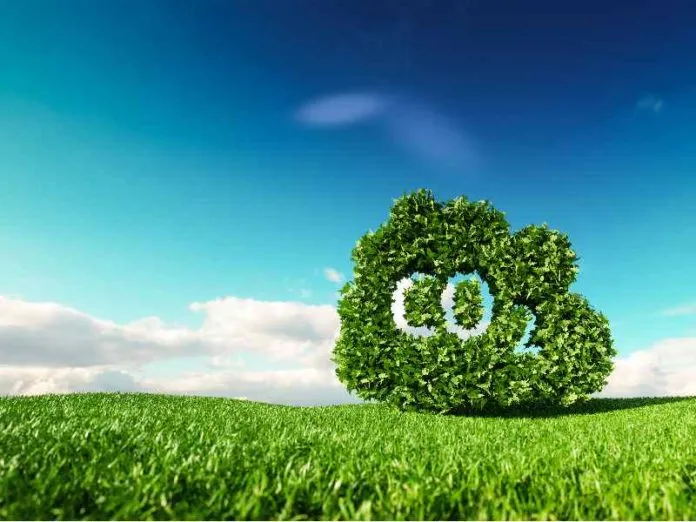Table of Contents
The Blonde
Recently I spent some time looking at photos of our beautiful country, trying to see it through the eyes of a tourist or a new arrival to our shores. It is very easy, if living in a city, to assume that everyone else is living in a similar situation but of course that is not true.
As an Aucklander, one is living a ‘city life’ that is very different from the lifestyle of most other New Zealanders. Motorway traffic, apartment living, difficulty finding a parking place, a very small section or total lack of one’s own garden. A dearth of trees in a big city is very common, which in turn leads to a lack of bird life. Travel a few kilometres south of Auckland and the impression of New Zealand changes dramatically. One is travelling through farmland: also smaller towns where residents have their own personal space and a more relaxed lifestyle. They are far more likely to have pets.
Wherever one goes in our country, we are surrounded by greenery. The South Island, in particular, is rich in native forests and stunning mountain ranges while being relatively low in population.
I haven’t always been an Aucklander. Due to work, I have lived in a number of places: Masterton, where I grew up; Greymouth, Nelson, Palmerston North, Whangarei, Wellington, and now Auckland. It has been a very interesting journey but moving often has some downsides, particularly for children who, every two or three years, are having to move schools. That is tough!
Living in different situations has made me very conscious of the current climate-related discussions.
I get weary of reading and hearing negative comments about carbon from news media and others. In reality, carbon is an essential element.
Plants breathe in carbon dioxide and breathe out oxygen. Humans and animals breathe in oxygen and breathe out carbon dioxide. This is the basis of life on Earth.
Carbon is the primary building block for plant tissues. Converted through photosynthesis into simple sugars, carbon helps plants build starches, cellulose, lignin and proteins.
Carbon is used by plants to build leaves and stems, which are then digested by human and animal life and used for cellular growth. In the atmosphere, carbon is stored in the form of gases such as carbon dioxide. It is also stored in oceans, captured by many types of marine organisms.
The way the Greens go on about the evils of carbon really annoys me. They are just ‘parroting’ stuff, not understanding it.









